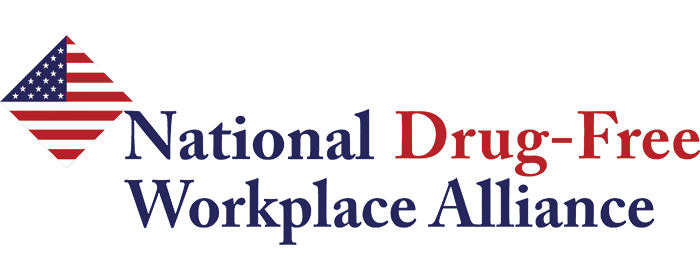What is a Drug-Free Workplace?
A drug-free workplace, as defined in the Drug-Free Workplace Act of 1988, is a workplace where "the unlawful manufacture, distribution, dispensation, possession, or use of a controlled substance is prohibited." Most employers strive to provide a safe work environment and encourage personal health. They consider the abuse of drugs and alcohol on the job to be an unsafe, counterproductive work practice. Furthermore, they see substance abuse as a serious threat to other staff and their customers. In consideration of this, most employers strictly prohibit the use, possession, and sale of illegal drugs and alcohol at work. Some employers, regulated by a U.S. government agency such as the Department of Transportation, have mandated procedures in place.

Six Major Components of a Drug-Free Workplace
Allows an employer to assess the workplace environment to determine the needs of the company.
The process of creating a written drug-free workplace policy that tells everyone the organization’s position on alcohol and other drug abuse and explains what will happen if the policy is violated.
The practice of introducing the drug-free workplace program to employees and informing them about alcohol- and other drug-related issues.
Provides managers and supervisors with valuable support in introducing and carrying out a drug-free workplace program. They are trained in the signs and symptoms of substance use and how to intervene.
Allows an organization to offer help to employees with a variety of problems which could affect their job performance, including personal problems or problems with alcohol or other drugs. This component can be a sign of employer support and a source of improved productivity.
A means to determine the facts of whether an employee or prospective new hire has recently used drugs. Programs require the following, to be fully successful: careful planning, consistently applied procedures, strict confidentiality, and provisions for appeal.
What is a Drug-Free Workplace?

How to Decrease Overdose Deaths at Work
The increasing number of overdose deaths in the workplace is a critical issue that demands attention. In response, the National Safety Council (NSC) has introduced its Respond Ready Workplace program,…
Read More
Embracing Whole-Person Health in the Workplace
In today's fast-paced business environment, small business owners are increasingly recognizing the importance of investing in the health and well-being of their employees. A recent conversation between Sabrina Spitaletta, Senior…
Read More
New Marijuana Impairment Technology
In the dynamic realm of marijuana regulation, technological innovations are continually reshaping how we approach the detection of marijuana use. One such advancement making waves is the marijuana breathalyzer, pioneered…
Read More
